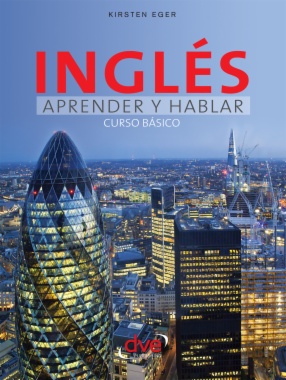El inglés es, desde hace tiempo, la lengua por excelencia para comunicarse en el ámbito internacional. Este manual ofrece un curso básico de gran ayuda para aquellos que necesitan aprender rápidamente los fundamentos de la lengua inglesa. Se trata de un método sencillo, de fácil acceso, con textos, diálogos y situaciones para defenderse en todas las circunstancias de la vida cotidiana. En cada una de las unidades se incluyen ejercicios, glosarios, elementos gramaticales, tablas y recuadros que permitirán al estudiante adquirir, repasar y consolidar conocimientos con rapidez. Además, al final del volumen, el diccionario inglés-español y español-inglés le permitirá enriquecer su vocabulario. Una obra realizada con la colaboración de Interlinguæ – Società di servizi linguistici.

